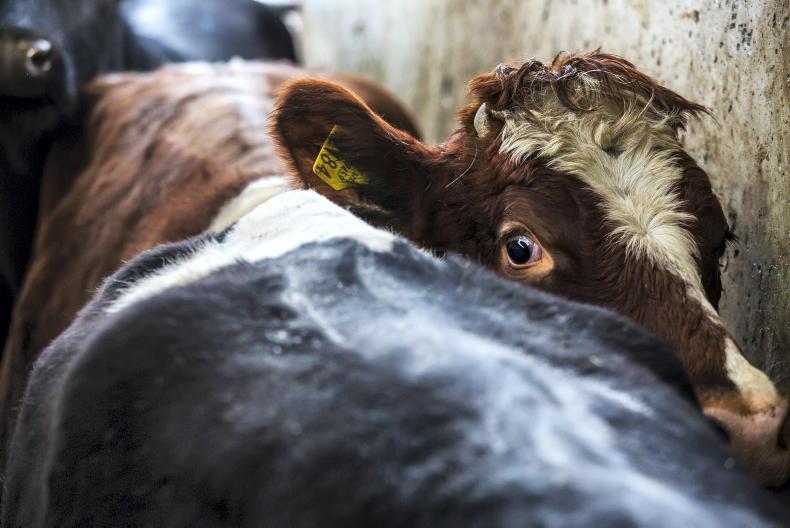It remains to be seen whether DAERA follows through on proposals to end a maedi visna (MV) testing and surveillance programme in NI.
Potentially, the programme could end from 1 January 2026, which gives the sheep sector little over a year to get some sort of industry-led scheme up and running in NI.
As highlighted on p9, that timeline will prove to be extremely challenging and, ultimately, there are no easy answers on how best to proceed.
Ideally, the status quo will be maintained, with the Department continuing to cover the cost of testing, etc. But there is another side to the argument which questions why DAERA would spend taxpayers’ money on MV surveillance, while at the same time farmers continue to import sheep into NI from higher-risk areas.
Of course, in the short to medium term, live imports from Britain to NI are banned due to bluetongue restrictions, but, aside from that, you really would have to question why we import any live cattle or sheep into the island of Ireland at all.
Whatever benefits might have been accrued over the years are far outweighed by the various production diseases that have been brought to these shores. Farmers are left spending tens of millions each year on tests, treatments and vaccines.
Perhaps the horse has long bolted, but surely it is worth some sort of independent analysis, commissioned by industry and government, on what role a voluntary ban on all live cattle and sheep imports might have in helping to gain some level of control over these diseases.
Ultimately, we have a great natural advantage, sitting as an island off Europe with a prevailing westerly wind. We also have over nine million cattle and over 7.5 million sheep, which amounts to a fantastic range of animal genetics. We don’t need to import any more.
Maybe that independent analysis will conclude there is little point in controlling imports, but, in the meantime, DAERA must hold fire on any change that will ultimately allow MV to become the latest disease to gain a foothold in NI farming.






 This is a subscriber-only article
This is a subscriber-only article










SHARING OPTIONS: